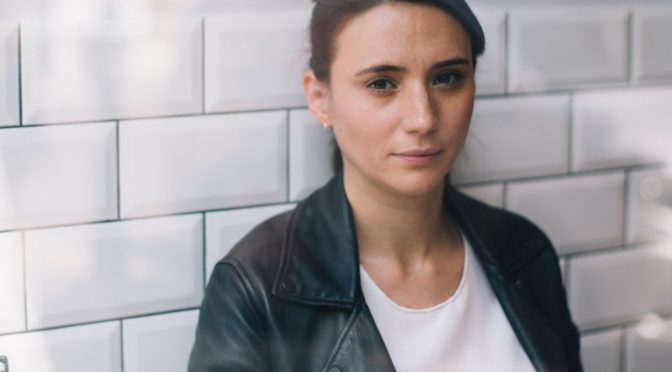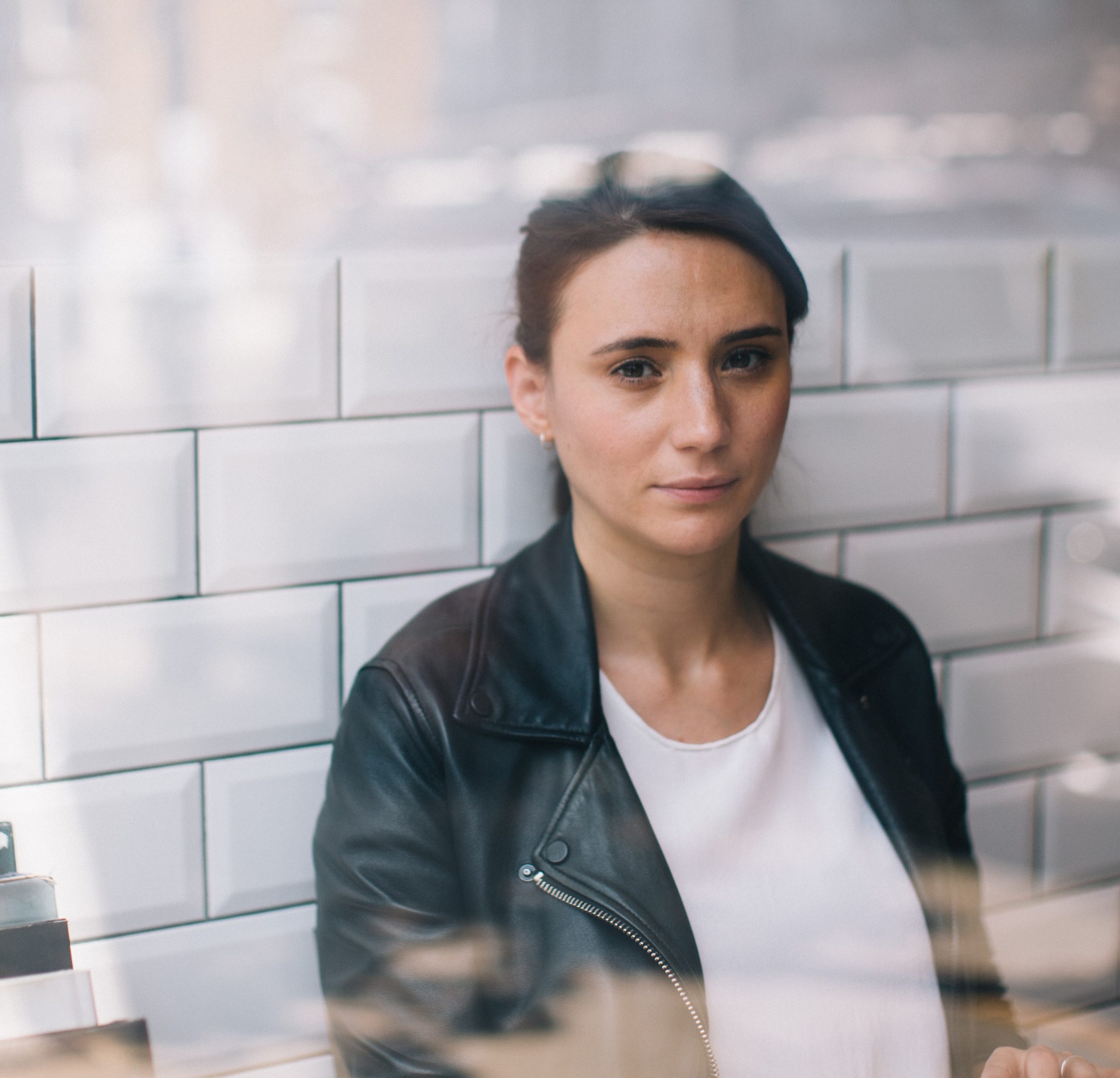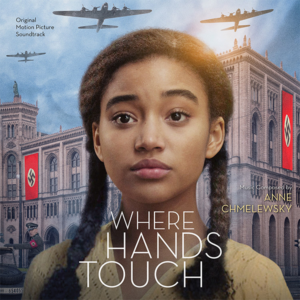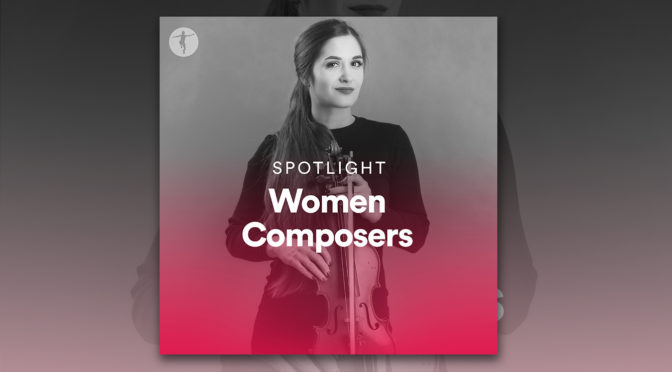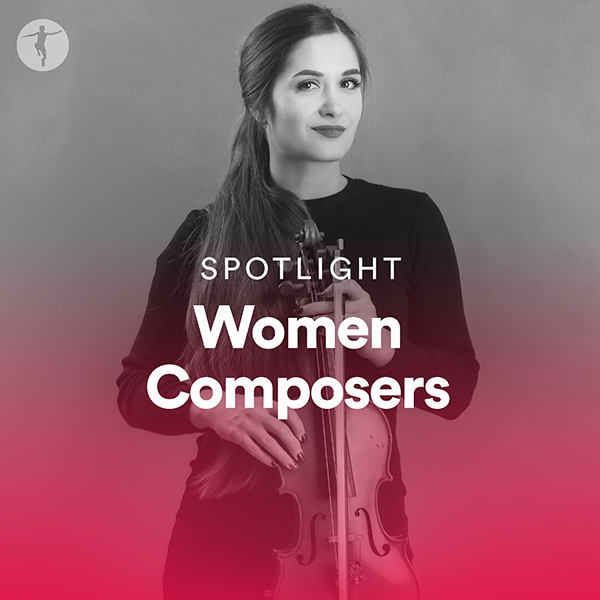Aska Matsumiya is a Los Angeles-based Japanese composer and producer who has excelled across film, television, advertising and music production. Matsumiya provided the score for the Amazon feature film I’m Your Woman directed by Julia Hart.
She partnered with A24 and acclaimed director Kogonado for his film After Yang, collaborating with composer Ryuichi Sakamoto, which starred actor Colin Farrell.
In television, Matsumiya worked on the HBO limited series Betty with longtime collaborator Crystal Moselle, which is a series based on the original Sundance breakout film Skate Kitchen, starring actor Jaden Smith.
Matsumiya has collaborated with countless brands in the advertising space, including Porsche, Chanel, Hermes, Miu Miu and Prada. Her song “There Are Many of Us” was used in Spike Jonze’s short film I’m Here.
We reached out to Matsumiya to discuss her recent projects and her advice for up-and-coming composers!
SSM: You grew up in the Japanese countryside before moving to Orange County. How do you think being so close to the ocean over the years has impacted your symphonic approach to film and television scores?
AM: Being close to the ocean impacts my whole being. I started surfing 7 years ago and I don’t know how it directly affects my approach to music but it’s something I can’t imagine living without. When I’m away from the water too long now I feel my mermaid tail starting to dry up.
SSM: I read in an interview you did with Urban Outfitters that you normally watch footage to compose music for film. In an interview with Park City Television in 2018, you said you composed music by reading the script. I was curious how that transition over time came to fruition? Do you compose both ways now or prefer one way of composing over the other?
AM: When I first started composing it was more visual stimulation that triggered my music since that was such a new process for me to write music but, as I started to get more involved with directors, I would start hearing melodies and develop composition in my head as I read the scripts which made me realize maybe in some occasions the music and the melodies can tell more the story when I’m not so reliant on the footage. Now I tend to do both at different stages of composing.
SSM: I love 37 Seconds and the idea that just a few moments can change an entire life! You mentioned that it was the most electronic composition you have made up to that point. What was it about that film that called you toward an electronic tilt for the score? And, how much did your conversations with the director, Hikari, play into your musical choices?
AM: For 37 seconds, since the subject itself is about a girl who suffers from cerebral palsy and could feel heavy, but the way Hikari tells the story through Yuma is so innocently beautiful and positive. I really wanted to stay close to Yuma with the music. I think me and Hikari spoke about the score needing to have electronic elements, but it just really worked to emphasize the emotional palette of Yuma.
SSM: “Hypnotism” from HBO’s show Betty is the first song by your daughter, and it’s awesome! Do you guys collaborate on music together? Will we get to hear more of her songs on future soundtracks?
AM: Thank you! She normally shows me as she’s working on her music to share and sometimes asks me for advice. I hope we get to hear more music from her!
SSM: Selah & The Spades is an interesting show about high school factions trying to live very grown-up lives. I find your score to be a balance between a music box, especially with the beginning of “Join the Spades,” and a rush of harder drumbeats, like with “Meet the Factions.” Can you speak into your process with creating this amazing score?
AM: When I, and the director Tayarisha Poe had a conversation about music, we really wanted the music to feel like an extension of their world. So, as every film I work on, the first thing I do is to try to find the sound palette for the project. The music box felt appropriate for this twisted psychological school plot and shadowing the mystery, the drums felt appropriate to enhance being in school aspect and youth. I also incorporated lots of production sounds and made music / beats out of it so the music could be connected with the sounds from the actual school.
SSM: What female film and television composer inspires you? What question would you ask that person?
AM: I love Mica Levi – love that she’s always exploring with sounds and her compositions. I would ask her… will you be my friend?
SSM: Your career has been so diverse – from playing with Flea of the Red Hot Chili Peppers to working on ads for MAC and Alexander McQueen – what advice would you offer to up-and-coming women composers?
AM: You should always stay open but true to things that comes your way related or unrelated directly to your ultimate dream because you never know how things can weave and come together.
SSM: What is coming up next for you?
AM: I just finished a drama film for Amazon called I’m Your Woman directed by Julia Hart starring Rachel Brosnahan whom I’m a big fan of . . . a very appropriate film for the changes we are going through right now as more women are coming up to claim and express their power! And After Yang, directed by Kogonada produced by A24, is a beautiful drama that takes place in the future … for this film I incorporated music by AI. And next . . . hopefully sometime for me to focus on my own music.
https://www.instagram.com/tv/CBWiX_FJyHv/



